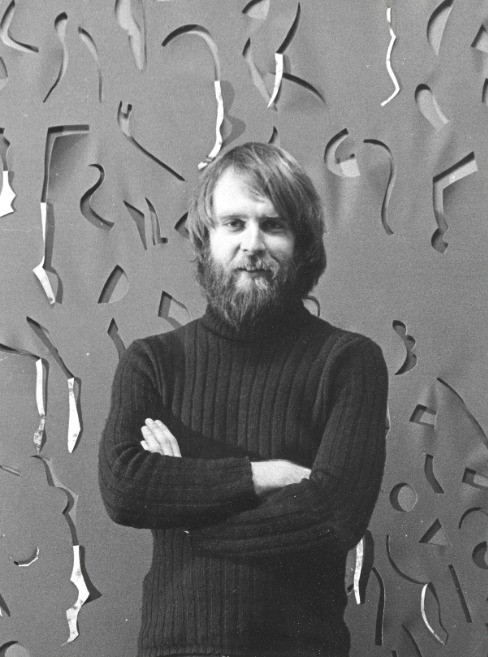Being creative makes one happy

Stáhnout obrázek
Jan Mladovský was born on 30 September 1946 in Prague as Jan Mladějovský. He later changed his name abroad for linguistic reasons to make it easier for foreigners to pronounce and remember. Jan‘s father Zdeněk Mladějovský ran the family company Emanuel Barth, which manufactured equipment for the food industry. The company was located in Vysočany, Prague. The Mladějovský family lived an active social life and maintained close contacts with many artists. The events of February 1948 had a major impact on the life of the whole family. The company was nationalised and in the early 1950s the father was arrested. He was subsequently sentenced to three years‘ imprisonment in a mock trial. He returned from prison in poor health and the hardships he endured caused his early death. In 1962 Jan began his studies at the Secondary Vocational School of Art in Prague (today‘s Václav Hollar Art School). After graduation, he continued his studies at the Academy of Arts and Crafts in Prague (VŠUP), in the graphic design studio under Professor Antonín Strnadel. At university he met and became close to his classmate Anna Fodorova, daughter of the writer and journalist Lenka Reinerová. In the summer of 1968, he was staying with Anna in Great Britain, where the news of the invasion of Czechoslovakia by the five Warsaw Pact countries reached them. After much deliberation, they decided to stay abroad and later legalised their stay. He studied at the Slade School of Fine Art in London and at the Accademia di Belle Arti di Brera in Milan. He spent several years in residencies in Italy and Germany. He has had numerous solo exhibitions in leading museums and galleries abroad and in the Czech Republic, and has published a book and scholarly texts. In addition to creating, exhibiting and writing, he also works as a curator. His work has been the subject of numerous texts and articles in professional and public media. He has taught at several European universities. He has organised the international programme of the European Academies of Fine Arts. He has a daughter Philippa from his marriage to Anna Fodor. He lives in London and regularly visits the Czech Republic.


























